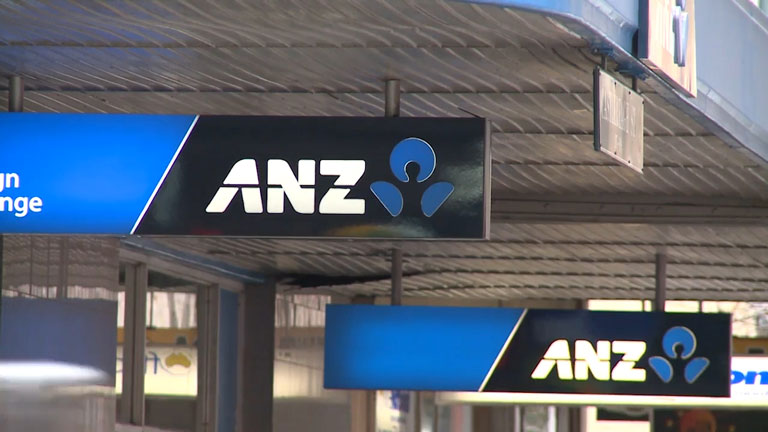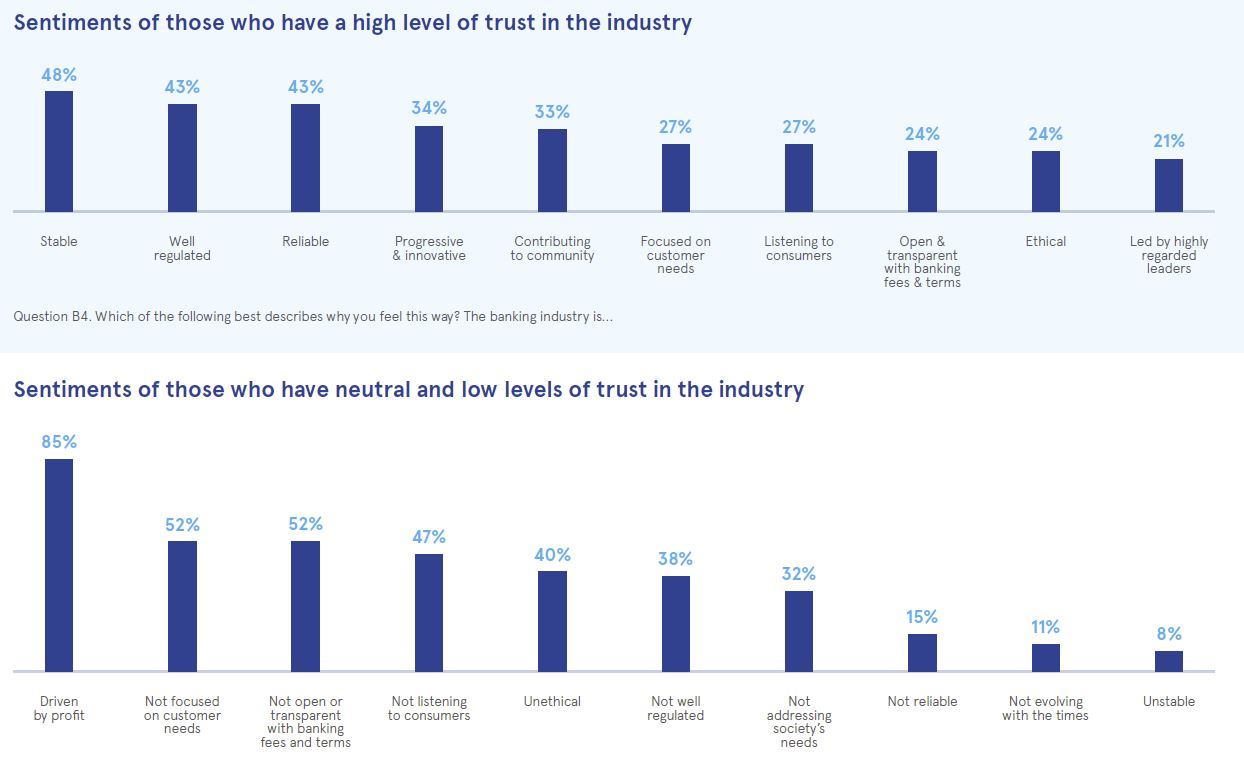Let’s be clear, the floating of the new banking code is not bad, but is really is still setting a low bar and contains elements which most customers would already expect to see. This is not some radical new plan to improve customer experience, rather more recognition of the gap between bank behaviour and customer expectation. And it does not HAVE to be implemented by the banks anyway.
 There is much more work to do. For example, how about proactive suggestions to switch to lower rate loans and better rates on deposits? What about the preservation of branch and ATM access? What about the full disclosure of all fees relating to potential loans? And SME’s continue to get a raw deal thanks to lending policy and bank practice (despite the hype).
There is much more work to do. For example, how about proactive suggestions to switch to lower rate loans and better rates on deposits? What about the preservation of branch and ATM access? What about the full disclosure of all fees relating to potential loans? And SME’s continue to get a raw deal thanks to lending policy and bank practice (despite the hype).
Then the biggie is mortgage lending policy, where banks current underwriting standards are set to protect the bank from potential loss, rather than customers from over-committing.
That said, this piece from the New Daily discusses the code and calls out some of the changes.
The year 2017 saw the big banks introduce a slew of measures, from scrapped ATM fees to new ethical codes, all intended to boost their battered reputation and fend off a royal commission.
In the end these measures were not enough, and in late November Prime Minister Malcolm Turnbull folded to political pressure and called a royal commission.
Nevertheless many of the banks’ voluntary measures will significantly improve consumer experience.
In particular, the new Banking Code of Practice, a list of consumer-centric reforms written by the banks themselves, will make a number of changes that consumers can use to their advantage.
Currently before the Australian Securities and Investment Commission for approval, the new Code is likely to include recommendations by the Australian Banking Association (ABA) that will significantly benefit individual consumers, as well as small businesses and guarantors.
The ABA said that included in the Code are key changes aimed at making banking more accessible and increase availability to consumers, alongside higher transparency and increased standards.
We’ve picked out some of the key changes that could benefit the average Aussie punter.
1. Online cancellation of credit cards
Currently credit cards can only be cancelled by a phone call or written request, but only after the balances has been paid or transferred. Direct debits that are not cancelled may reactivate a cancelled credit card. So knowing in advance what direct debits are applicable will prevent this happening.
Consolidating all credit cards into a debt consolidation loan will be simpler if the borrower can provide evidence of credit card cancellation, facilitated by online cancellation.
2. Notification of when payment defaults are reported to credit reporting bodies
With Comprehensive Credit Report becoming compulsory for the big four banks from 1 July 2018 there will be the obligation not only to share credit data with other credit providers, but also report positive credit behaviour.
Keeping track of defaults and exhibiting future positive credit behaviour will be advantageous to borrowers when applying for future loans, by increasing their credit worthiness.
3. Notification of introductory credit card interest free period expiry
Transferring the balance of a credit card to a low interest rate credit card can be a smart way to pay down credit card debt but only if this can be done within the interest free period. After the period expires the credit card interest rate can revert to a much higher rate, leaving the borrower in a similar position prior to transferring to a low interest rate card.
4. Proactively identifying customers who may be experiencing financial difficulty
Financial hardship assistance programs offered by banks will be improved as well as a new commitment for banks to proactively work with their customers in financial difficulty to help prevent a situation worsening.
5. Consumers can request a list of direct debits and recurring payments made on credit card and bank accounts
As mentioned previously a cancelled credit card can be reactivated by direct debits that have not been cancelled. As more and more payments are made by direct debits, customers are becoming further entrenched with their bank, and closing an account or transferring to another bank can become unfeasible if there is not an easier way of knowing direct debits and other payments.
6. Improved fee disclosure and waiving or refunding of some fees
The removal of fees to bank statements for customers who do not have access to electronic statements, and improved disclosure of fees will save consumers money and improve their ability to manage their finances.
Businesses will also benefit with more notice of changes to loans, and simplified loan contracts that are more easily understood.
Small Business and Family Enterprise Ombudsman Kate Carnell said she was concerned the code cannot be properly enforced.
“The committee will not be fully independent and banks won’t be obliged to accept its recommendations,” she said.
“The code stipulates only that banks will comply with ‘reasonable’ requests of the committee. This means effectively that banks will only act on recommendations if they feel like it. If they don’t think the committee is reasonable they have an escape clause.
“It’s like the umpire is appointed by the home team and they don’t have to accept the umpire’s decision.”
At the same time Ms Carnell welcomed the code’s “simplified language” and specific focus on small businesses.









